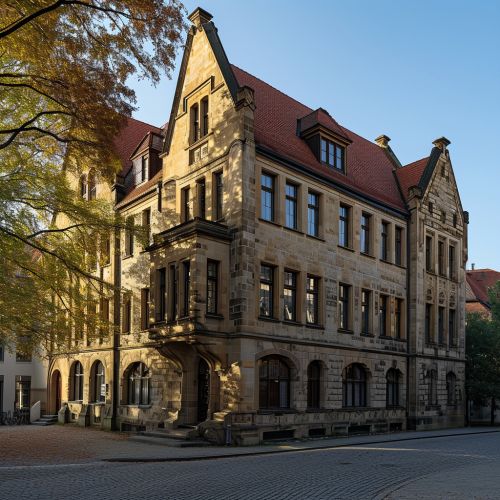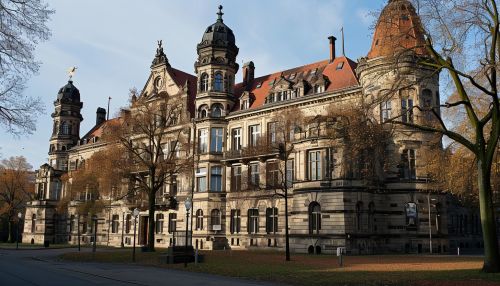Edmund Husserl
Early Life and Education
Edmund Gustav Albrecht Husserl was born on April 8, 1859, in Prostějov, Moravia, which is now part of the Czech Republic. His parents were non-observant Jews who encouraged his education. He studied at the Realgymnasium in Vienna before moving to Leipzig in 1876 to study mathematics, physics, and philosophy at the University of Leipzig.


In 1878, Husserl transferred to the University of Berlin to study under mathematicians Karl Weierstrass and Leopold Kronecker. He received his Ph.D. in mathematics from the University of Vienna in 1883, under the supervision of Leo Königsberger. His dissertation was on the theory of variation, titled "Beiträge zur Theorie der Variationsrechnung".
Career and Philosophical Development
Husserl began his career as a mathematician, but his interests gradually shifted towards philosophy. He was deeply influenced by the works of Franz Brentano, a philosopher and psychologist who introduced him to the concept of 'intentionality', the idea that consciousness is always directed towards an object. This concept would later become a central theme in Husserl's own philosophical system, known as Phenomenology.
Husserl's first major work, "Philosophy of Arithmetic" (1891), attempted to apply psychological principles to the foundation of mathematics, but it was criticized by Gottlob Frege, leading Husserl to question his approach. This led him to develop a new philosophical method which he called 'phenomenology', first introduced in his work "Logical Investigations" (1900-1901).
In 1901, Husserl was appointed as an extraordinary professor at the University of Göttingen, where he further developed and refined his phenomenological method. His lectures at Göttingen attracted many students who would later become prominent philosophers in their own right, including Martin Heidegger, Hannah Arendt, and Max Scheler.
In 1916, Husserl moved to the University of Freiburg as a full professor, where he remained until his retirement in 1928. During this period, he published several important works, including "Ideas: General Introduction to Pure Phenomenology" (1913), "Formal and Transcendental Logic" (1929), and "Cartesian Meditations" (1931).
Phenomenology
Phenomenology, as developed by Husserl, is a philosophical method that aims to describe the structures of experience as they present themselves to consciousness, without recourse to theory, deduction, or assumptions from the natural sciences. The phenomenologist's task, according to Husserl, is to describe the phenomena—things as they appear—in their pure, undistorted form.
Husserl's phenomenology is based on the concept of 'intentionality', the idea that consciousness is always about something. This led him to the concept of 'noema', the object as intended by consciousness, and 'noesis', the act of consciousness intending the object.
Husserl also introduced the method of 'epoché' or 'phenomenological reduction', which involves suspending or bracketing out one's natural attitude towards the world in order to focus purely on the phenomena themselves.
Later Life and Legacy
Husserl retired from teaching in 1928, but continued to write and lecture. His later works, including "The Crisis of European Sciences and Transcendental Phenomenology" (1936), reflect his concerns about the growing crisis in European sciences and philosophy.
Husserl died on April 27, 1938, in Freiburg. His philosophical legacy continues to influence a wide range of disciplines, including philosophy, psychology, sociology, and cognitive science.
